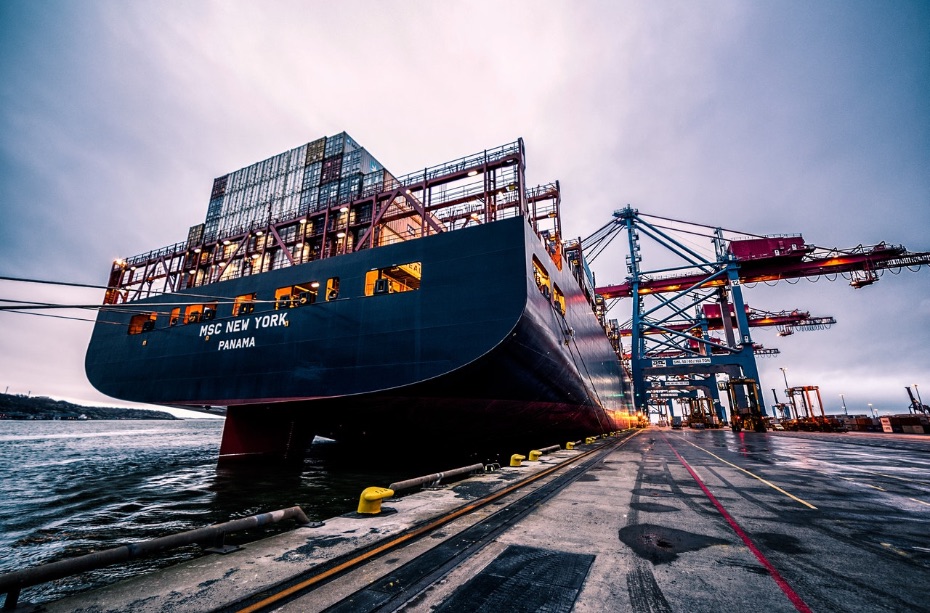Investors can now capitalise on US$1.6 trillion of annual global trade

By Belmont NewsBeat
Name a low-risk asset with returns north of 10%?
Trade finance, according to Seabury TFX.
Seabury’s Receivables Board, hosted on Refinitiv’s Eikon platform, is a marketplace where corporates can sell their accounts receivables to investors at a discount. The board is set to go live soon, according to sources.
It’s a perfect match: corporates can tap into much needed working capital, which usually is caught up with goods in transit for anywhere between 90 and 360 days, adding significant strain on corporate cashflows; and investors get to benefit from healthy returns. More on these later.
Research by Seabury says that only 10% of global trade receive conventional trade financing, with the remaining 90% having to make ends meet without the support of lenders. Banks have become constrained in their ability to lend, due to increased regulation and accords such as Basel III, as well as tightening monetary policies globally.
For investors, there’s an opportunity to make a short-term investment in an asset that usually yields between 7% and 14%, say contacts at Seabury. And, receivables defaults are less than 1%, data provided by Refinitiv shows .
In addition, holders of accounts receivables can sell on the asset to other investors should the want to.
It’s not just traditional investors who can profit. Aside from asset mangers and institutional investors, corporates with short-term excess cash can also capitalise on this opportunity. Banks too can get a piece of the pie — particularly those who don’t have the capital provision to expand their trade finance portfolio through conventional products.
In an interview with Corporate Treasurer, Neil Pabari, Managing Director, North Asia for Refinitiv said the board comprises a two-pronged strategy: “Firstly, as a corporate customer of Refinitiv, the idea is that we can create a capability for them to access multiple forms of funding beyond their captive banks. But then the second is that we are looking at a lot of banks — particularly in emerging markets — where they don’t have the ability to build very large trade finance platforms of their own.”
Not everybody is able to trade their receivables on the board, however. Both Seabury and Refinitiv will carry out rigorous due diligence on participants to ensure they meet strict trading criteria. That is, that the companies are legitimate, and the assets traded are valid.
Technology, too, will play an important role. The board will be accessed in real-time 24/7, and will support participants with market insights and other trading intelligence. Ensuring that everything is above board, and that buyers and sellers capitalise on the business of global trade, which, despite protectionist views and policies, will continue to drive the global economy for decades, if not centuries, to come.
